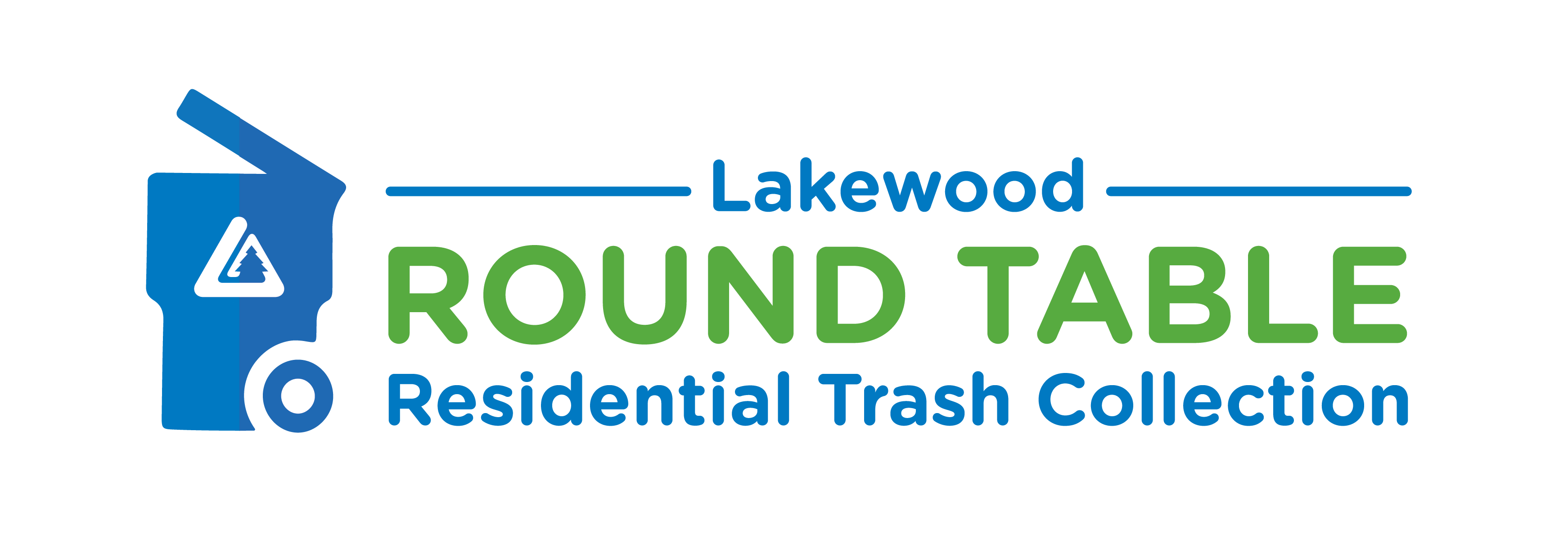How do other cities' trash collection systems work?
CLOSED: We are analyzing all of your comments now! If you have additional comments, please email sustainability@lakewood.org.

Quick Summary
Communities approach residential trash collection in one of three main ways: 1) Open subscription, which means homes must contract with haulers individually; 2) Organized collection, in which the city contracts with one or more haulers, and residents are assigned to a hauler based on their address; and 3) municipalization, in which the city operates trash collection services. Take a look in the Deep Dive section to learn more about the pros and cons of each.
Deep Dive
Communities across the country have approached residential trash and recycling collection (and even curbside compost collection) in one of three main ways:
1. Open subscription: Haulers compete for accounts, and residents contract directly with any licensed hauler. Examples: Lakewood, Westminster, Arvada
2. Organized collection: The city conducts a competitive procurement process in which contracted haulers operate in a specific geographical area (district or city boundary), and residents are assigned a hauler based on their address. Examples: Golden, Lafayette, Edgewater
- Pros: Customer is free to choose their hauler based on preference; direct relationship between hauler and customer; minimal administrative involvement by the city; easier market entry for new, small businesses.
- Cons: Typically higher cost; increased truck traffic resulting in air pollution, noise, and road impacts; potentially inconsistent price for the same level of service.
- Pros: Increased efficiency may result in lower customer cost; decreased truck traffic resulting in reduced noise, air pollution, and road impacts; standardized safe practices; consistency in price and service to customers.
- Cons: Customer choice is limited or eliminated; increased administrative involvement by the city.
3. Municipalization: The city operates hauling services. Examples: Denver, Thornton, Northglenn
- Pros: Increased efficiency may result in lower customer cost; decreased truck traffic resulting in reduced noise, air pollution, and road impacts; standardized safe practices; consistency in price and service to customers.
- Cons: Significant costs for equipment, staffing, and management for the city; Customer choice is limited or eliminated.
Share How do other cities' trash collection systems work? on Facebook
Share How do other cities' trash collection systems work? on Twitter
Share How do other cities' trash collection systems work? on Linkedin
Email How do other cities' trash collection systems work? link
Consultation has concluded


